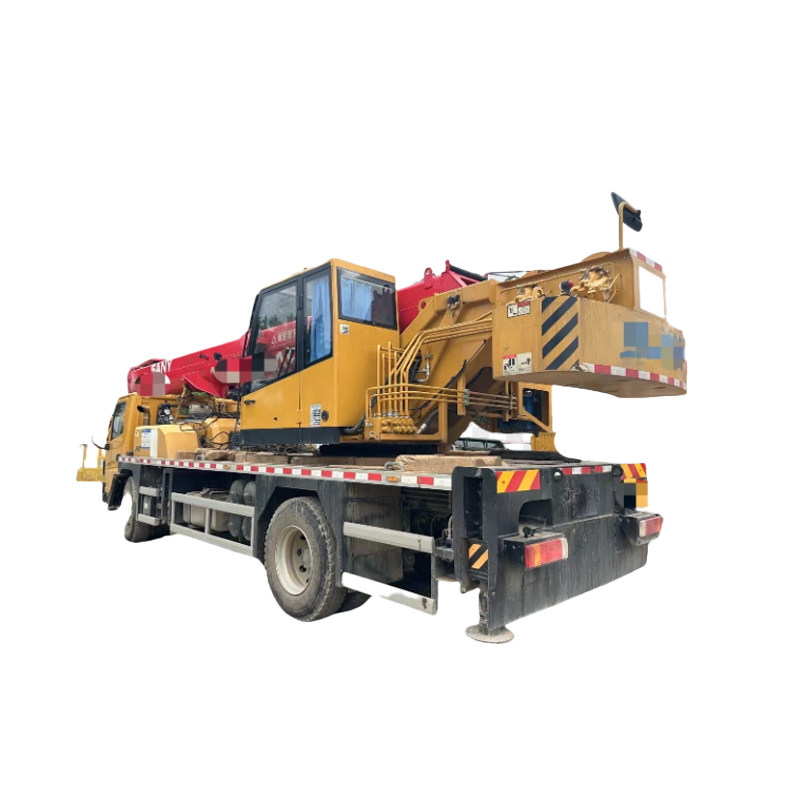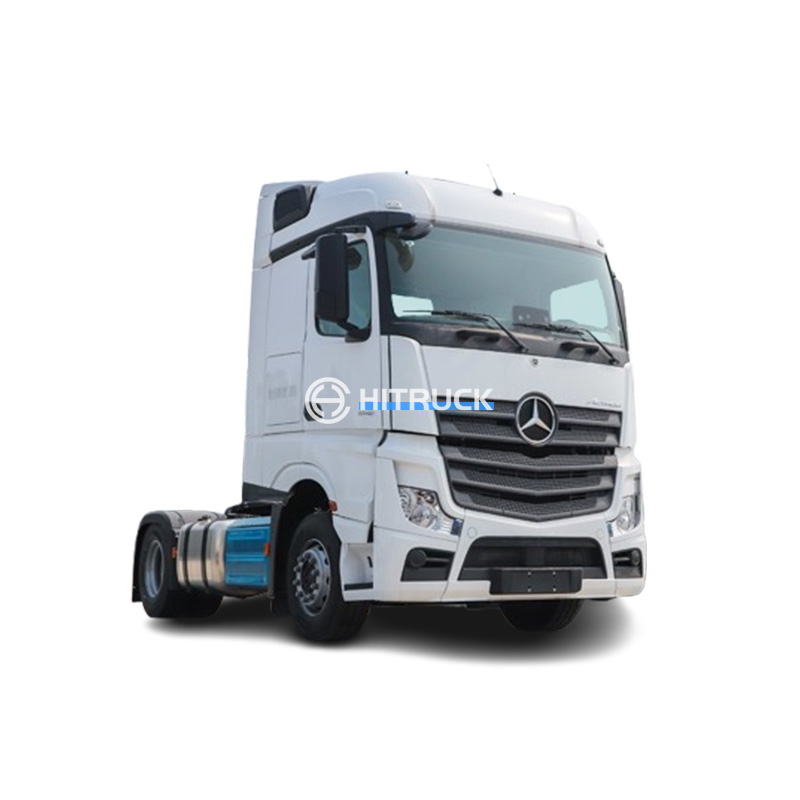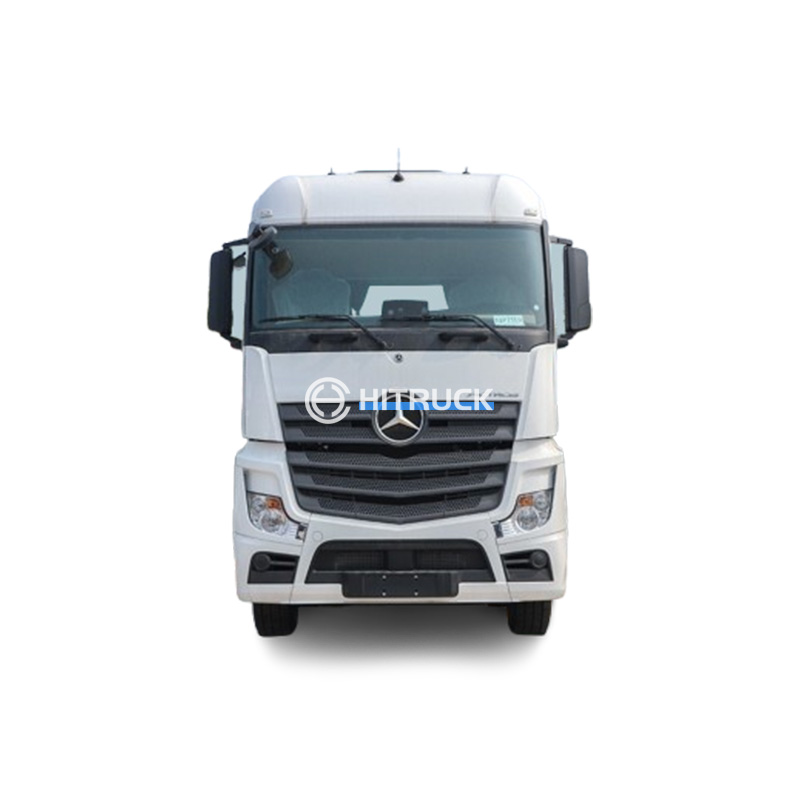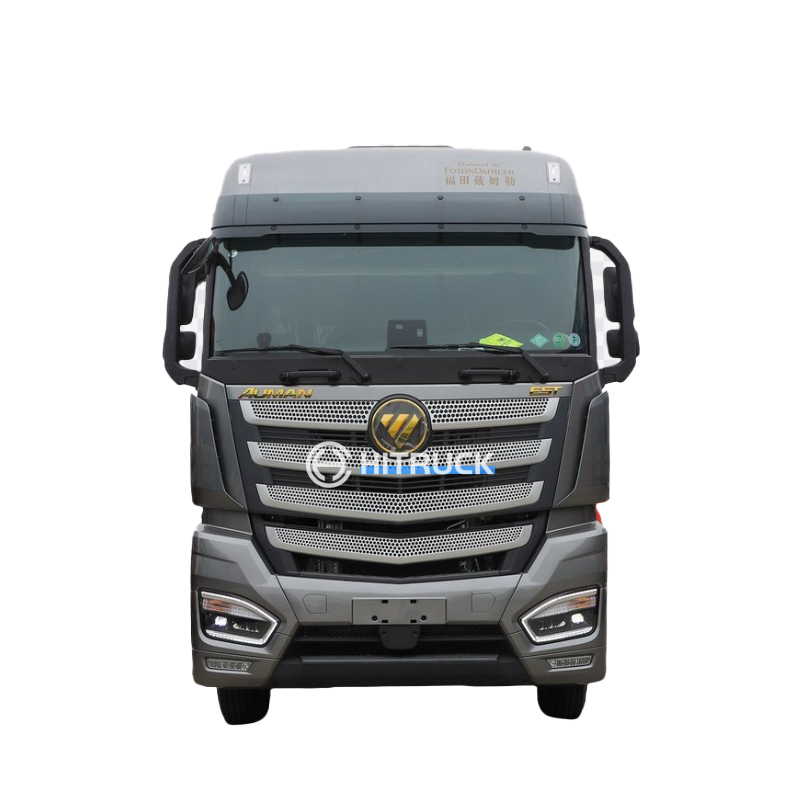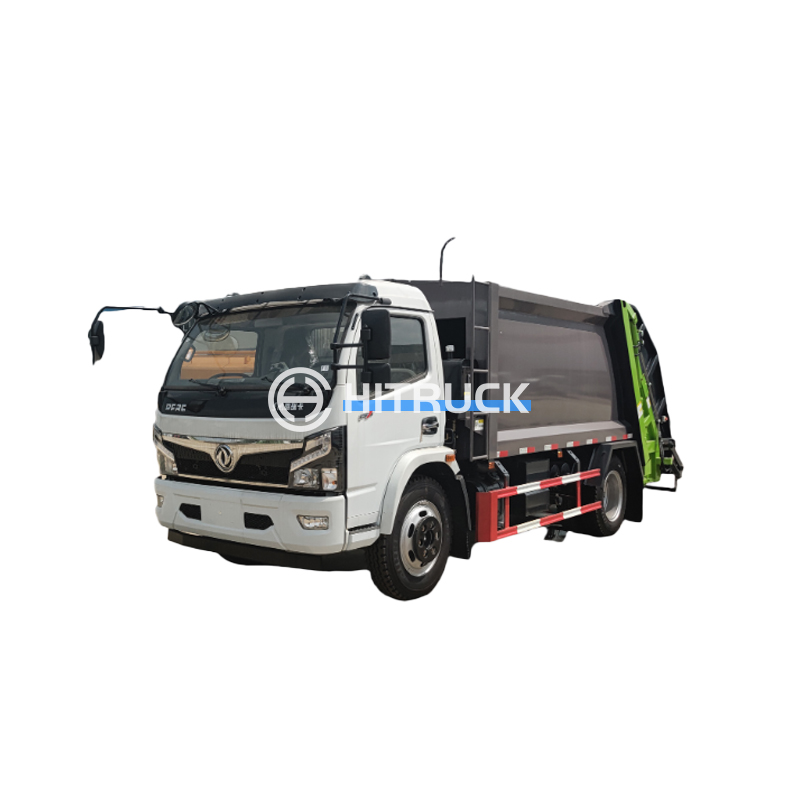Municipal Water Tanker: A Comprehensive GuideMunicipal water tankers are essential for supplying water to communities, especially during emergencies or periods of water scarcity. This guide provides a comprehensive overview of municipal water tankers, covering their types, applications, maintenance, and regulations.
Securing a reliable water supply is paramount for any municipality. This comprehensive guide explores the crucial role of municipal water tankers in maintaining this essential service, addressing various aspects from their design and functionality to regulatory compliance and maintenance.
Municipal water tankers come in a variety of sizes and configurations to meet diverse needs. The choice depends on factors like the volume of water to be transported, the terrain, and the type of infrastructure available. Common types include:
Known for their durability and resistance to corrosion, stainless steel municipal water tankers are ideal for transporting potable water. Their longevity makes them a cost-effective choice in the long run, despite higher initial investment.
Fiberglass municipal water tankers offer a lightweight yet strong alternative. They are relatively less expensive than stainless steel options and provide good corrosion resistance, making them suitable for various applications. However, they might require more careful handling to avoid damage.
Poly municipal water tankers are made from high-density polyethylene (HDPE) and are highly resistant to chemicals and UV radiation. They are lightweight, easy to clean, and relatively inexpensive. However, their strength might be less than that of steel or fiberglass tankers.
Municipal water tankers play a vital role in several scenarios:
During natural disasters like floods or droughts, municipal water tankers become indispensable in providing emergency water supply to affected communities.
In areas with limited or inadequate water infrastructure, municipal water tankers are used for regular water distribution to households and businesses.
Construction sites often rely on municipal water tankers to supply water for various purposes, including mixing concrete and providing sanitation facilities.
Several industries utilize municipal water tankers for transporting process water or supplying water for cooling systems.
Proper maintenance is crucial for ensuring the longevity and safety of municipal water tankers. Regular inspections, cleaning, and repairs are essential. Strict adherence to relevant regulations regarding water quality and transportation safety is also vital.
Selecting the appropriate municipal water tanker involves considering several factors such as capacity, material, and intended use. Consulting with experienced suppliers like Suizhou Haicang Automobile sales Co., LTD can provide valuable insights and guidance.
| Type | Material | Pros | Cons |
|---|---|---|---|
| Stainless Steel | Stainless Steel | Durable, corrosion-resistant, long lifespan | High initial cost |
| Fiberglass | Fiberglass | Lightweight, good corrosion resistance, relatively inexpensive | Less durable than stainless steel |
| Poly | High-density polyethylene (HDPE) | Lightweight, chemical-resistant, UV-resistant, inexpensive | Lower strength compared to steel or fiberglass |
Remember to always prioritize safety and regulatory compliance when using and maintaining municipal water tankers. Proper handling and regular maintenance contribute significantly to their long-term effectiveness and safety.




